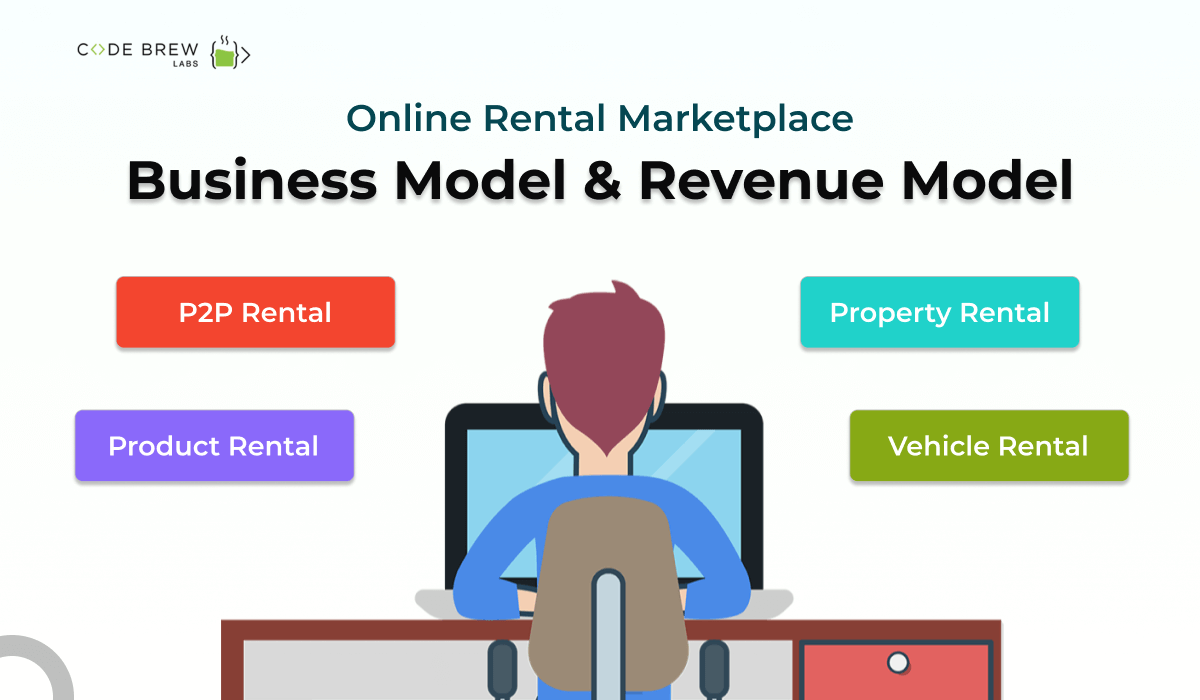If you’ve ever pondered starting an online business but felt overwhelmed by the costs and complexities of website development, the website rental business model might be the answer you’ve been searching for. In this comprehensive guide, we’ll delve into the intricacies of the website rental business model, exploring its benefits, challenges, and the steps involved in setting up your own website rental venture.
Table of Contents
- Introduction
- Explaining the Concept of Website Rental
- Why Choose the Website Rental Model?
- Advantages of the Website Rental Model
- Cost-Effectiveness and Affordability
- Time-Efficient Launch Process
- Built-in Maintenance and Updates
- Lower Risk and Entry Barrier
- Key Steps to Establish a Website Rental Business
- Market Research: Identifying Niche Demand
- Website Creation: Designing and Developing Rental-Ready Sites
- Pricing Strategy: Finding the Sweet Spot
- Rental Terms and Agreements: Crafting Client-Friendly Contracts
- Marketing and Promotion: Attracting Rental Clients
- Navigating Challenges
- Balancing Customization and Standardization
- Ensuring Ongoing Maintenance and Support
- Handling Technical Glitches and Downtime
- Dealing with Client Transitions and Churn
- Scaling and Diversification
- Expanding Your Rental Portfolio
- Offering Additional Services (SEO, Content, etc.)
- Geographic and Industry Diversification
- Comparative Analysis: Website Rental vs. Traditional Website Sale
- Financial Projections and Long-Term Profitability
- Flexibility and Adaptability to Market Trends
- Case Studies
- Success Stories of Thriving Website Rental Businesses
- Future of the Website Rental Business
- Emerging Technologies and Trends
- Adapting to Evolving Customer Needs
Introduction
Explaining the Concept of Website Rental
The website rental business model revolves around creating and maintaining websites that are then leased to businesses or individuals for a specified period. This model eliminates the need for clients to invest heavily in website development upfront, offering them a cost-effective way to establish an online presence.
Why Choose the Website Rental Model?
Traditional website development can be expensive and time-consuming. Many aspiring entrepreneurs and small businesses find it challenging to allocate resources to design, development, and ongoing maintenance. The website rental model addresses these pain points by providing pre-built, customizable websites that cater to various industries and niches.
Advantages of the Website Rental Model
Cost-Effectiveness and Affordability
Renting a website significantly reduces the initial investment required, making it an attractive option for startups and businesses with limited capital. This model allows clients to allocate their funds to other essential areas of their business.
Time-Efficient Launch Process
Creating a website from scratch can take weeks or even months. With the rental model, clients can have a fully functional website up and running within a short period. This quick turnaround time enables businesses to start attracting customers sooner.
Built-in Maintenance and Updates
One of the most significant advantages of the website rental model is the included maintenance and updates. Rental providers typically handle technical issues, security updates, and other maintenance tasks, allowing clients to focus on their core business activities.
Lower Risk and Entry Barrier
For entrepreneurs and businesses that are new to the online space, the website rental model offers a lower risk option. It eliminates the fear of investing substantial resources in a custom website that might not yield the desired results.
Key Steps to Establish a Website Rental Business
Market Research: Identifying Niche Demand
Before diving into the website rental business, thorough market research is essential. Identify niches and industries with a demand for rental websites. This step ensures that you’re catering to specific needs and preferences.
Website Creation: Designing and Developing Rental-Ready Sites
Create a portfolio of rental-ready websites that are visually appealing and user-friendly. These sites should be designed to accommodate customization based on clients’ branding and content.
Pricing Strategy: Finding the Sweet Spot
Develop a pricing strategy that reflects the value of your rental websites. Consider factors like design complexity, features, and industry standards. A well-balanced pricing strategy can attract clients while ensuring profitability.
Rental Terms and Agreements: Crafting Client-Friendly Contracts
Draft clear and comprehensive rental agreements that outline terms, payment schedules, and responsibilities. Transparency in agreements builds trust and avoids potential conflicts down the road.
Marketing and Promotion: Attracting Rental Clients
Promote your website rental services through online marketing, social media, and networking. Highlight the benefits of your model, emphasizing cost savings, quick setup, and hassle-free maintenance.
Navigating Challenges
Balancing Customization and Standardization
While offering customization options is essential, striking a balance between customization and maintaining standardized templates is key. This ensures efficient website management and scalability.
Ensuring Ongoing Maintenance and Support
Providing consistent maintenance and support is crucial to retaining clients. A well-maintained website contributes to the success of your clients’ businesses and strengthens your reputation.
Handling Technical Glitches and Downtime
Technical issues can arise unexpectedly. Establish a robust support system to address glitches and downtime promptly, minimizing disruptions for your clients.
Dealing with Client Transitions and Churn
Clients may outgrow their rented websites or decide to move on for various reasons. Have strategies in place to facilitate smooth transitions and minimize churn.
Scaling and Diversification
Expanding Your Rental Portfolio
As your business gains traction, consider expanding your rental portfolio to cover a wider range of industries and niches. Diversity can attract a broader clientele.
Offering Additional Services (SEO, Content, etc.)
To enhance the value you provide, consider offering supplementary services like SEO optimization, content creation, and digital marketing. These services can be upsold to clients.
Geographic and Industry Diversification
Explore opportunities to serve clients beyond your local market. The website rental model allows you to target clients from different regions and industries.
Comparative Analysis: Website Rental vs. Traditional Website Sale
Financial Projections and Long-Term Profitability
Compare the financial projections of the website rental model with traditional website sales. Consider factors like initial investment, ongoing revenue, and long-term profitability.
Flexibility and Adaptability to Market Trends
The rental model offers the advantage of adapting to changing market trends and client needs more swiftly than traditional models. Flexibility is key in the dynamic online landscape.
Case Studies
Success Stories of Thriving Website Rental Businesses
Highlight real-life examples of website rental businesses that have achieved success. These case studies provide inspiration and practical insights for aspiring entrepreneurs.
Future of the Website Rental Business
Emerging Technologies and Trends
Discuss upcoming technologies and trends that could impact the website rental industry. Staying ahead of the curve ensures your business remains relevant and competitive.
Adapting to Evolving Customer Needs
As customer preferences evolve, your business should be prepared to adjust offerings accordingly. Flexibility in catering to changing needs is vital for long-term success.
Conclusion
In conclusion, the website rental business model offers an innovative and practical solution for individuals and businesses seeking an online presence without the hefty upfront costs. By following the steps outlined in this guide, you can establish a successful website rental venture that not only benefits your clients but also ensures consistent revenue and growth for your own business.




